9/11: Those Who Came After
#NeverForget
We all know what happened. We all wake up on this bleak morning each and every year and go to work or school with gloomy faces, silently wiping tears from our eyes as we watch the same heart-breaking videos of those two fateful planes hurtling into the tall, gleaming, infamous towers which, the reality of it is, no high school student has ever known as anything more than a tragic history lesson.
Although, this is not everyone’s reality, we are in the minority in this case. In fact, the class of 2019, this years’ seniors, is the final high school class to have been born either before or on September 11, 2001. The vast majority of Americans will always remember exactly where they were and what they were doing on that horrific day.
Mrs. Goetting, an English and journalism teacher at HHS, was a senior in high school at the time of the 9/11 attacks. She remembers “sitting and watching the initial building burning and seeing the second plane crash into the second building and realizing that it was probably and act of terrorism, and it was truly terrifying.” She even says that her peers, who were all shocked by this horrendous atrocity, “thought war was going to be here,” as in on American soil.
Even Mr. Pappenfuss, a history and social studies teacher at the high school, who was only in the third grade by the time of the attacks, remembers his small grade school being placed on lockdown as a result of the fear and uncertainty that day.
Of course, as tragic as the hijacking of the planes and the disasters which followed are, what is much more often the topic of discussion in today’s society is how the United States and the world has changed since September 11, 2001.
“I think people are just more aware of terrorism happening on our own grounds,” says Goetting, “when as an American you don’t really think is possible. We kind of thought we were invincible up until that point.” This harsh confrontation with the modern world has led to the creation of much more than just long lines for TSA and heightened security at airports, but also an entirely new position in the president’s cabinet, the Department of Homeland Security.
A common opinion among many adults is also that the younger generation either does not fully understand or care enough about this defining point in our nation’s history and the changes which have taken place because of it. “I think it’s become just second nature to you guys,” states Goetting, “this is your reality.” Pappenfuss goes so far as to say that kids our age “don’t have a sense of patriotism” like those who vividly recall that day do.
However, these opinions may be disputed by some Gen Z’s out there. Even though no student in the current public school system is able to actually remember the events of 9/11 taking place, we have seen the same bone chilling documentaries enough times to picture the burning towers and crashing planes in our own minds.
One such example of this point is senior Gabrielle Hawk. “In a certain way we know the significance, but I don’t think we can fully grasp what the adults know about it… But obviously we understand the effects, like safety precautions.”
Hawk even contradicts some statements made by Goetting and Pappenfuss, saying that “since it happened so recently, it helped the patriotic spirit,” and that this national tragedy has in the end “banded people together.”
The larger issue at hand however is that this generation of students is only the first of its kind. Obviously, every other generation from here on out will not only be unable to remember that horrific day, but will not even have taken their first breath at a time when the World Trade Center towers still stood, tall and proud; and, eventually, 9/11 will become just another event learned from textbooks, not a blazing memory at the forefront of the public conscious. This raises a pressing question: How well are we educating children about 9/11? And, how can we do better?
“When it first happened,” infers Goetting, Patriot Day, as 9/11 is now sometimes referred to as, “was celebrated and memorialized, but as the years go on we’re not celebrating, we’re not memorializing, we’re not talking about it as much.” From a student’s perspective, this loss of a national dialogue is not good, according to Hawk. “All we do is the moment of silence,” she says, “but 9/11 is a huge deal.”
Pappenfuss, a history teacher himself, has noticed that most history classes are unable to make it that far along in our nation’s history, sometimes only getting as far as the 1940’s. He thinks that it might be more beneficial to move a bit faster through some less profound bits of history in order to “educate a generation with topics that are relevant to your life now.”
Each interviewee has agreed that this event in our history is important and should be given its due attention and coverage, not just on this one day of the year, but throughout our lives. Discussions should be held, with teachers, students, families, those who remember, and those who don’t. As anyone can see, 9/11 is a crucial moment in all of our lives, even if our lives hadn’t yet begun on that specific September morning in 2001. So far, the young of today seem to understand the significance of this day, and even though we may not remember, we will never forget.



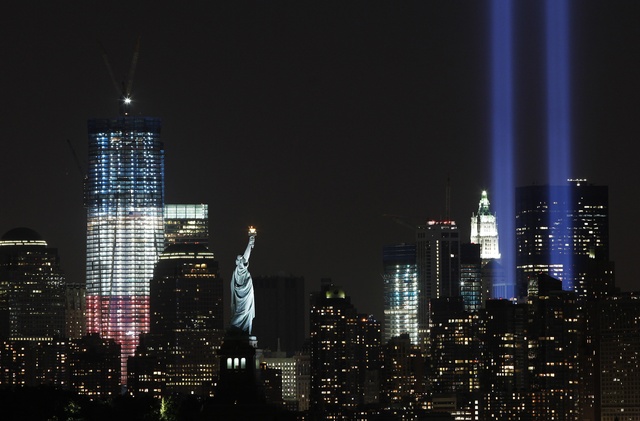
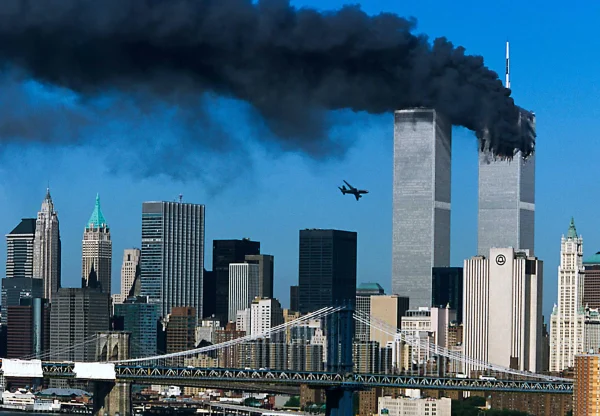
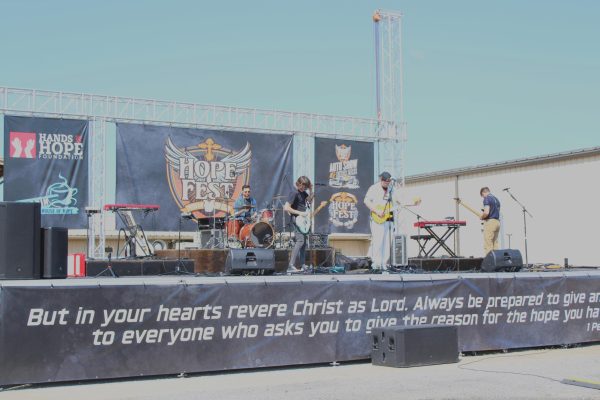
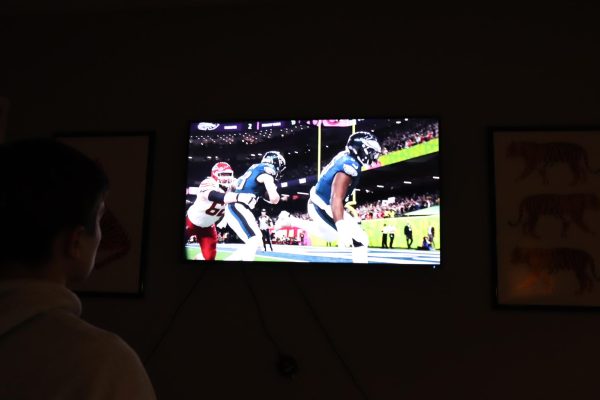
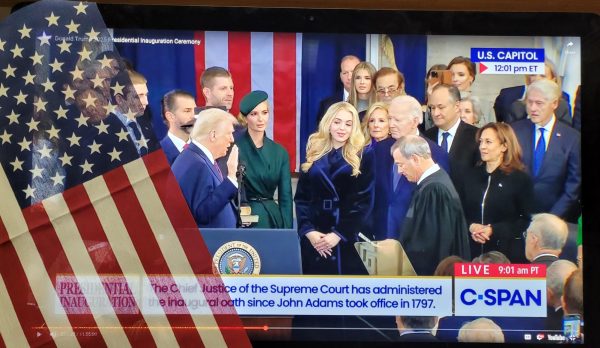
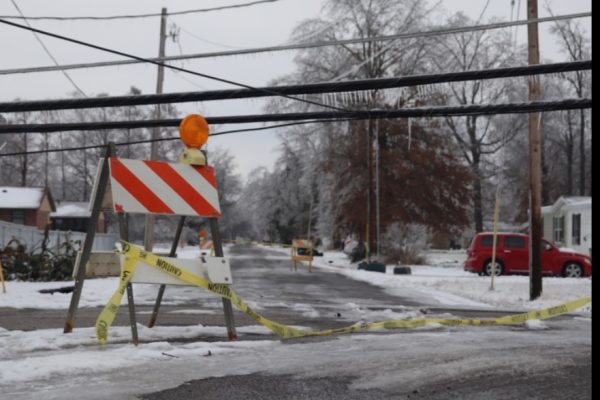
Greg Wanstreet • Sep 11, 2018 at 9:14 am
Well done, young man. I appreciate the student perspective. I will be doing my where I was that day in all of my classes today. Just a brief story of what still goes through my mind on this date. Hopefully, I can make it through without too many tears. As I looked out at my students that day, I thought several would be “going to war”. It was very surreal.